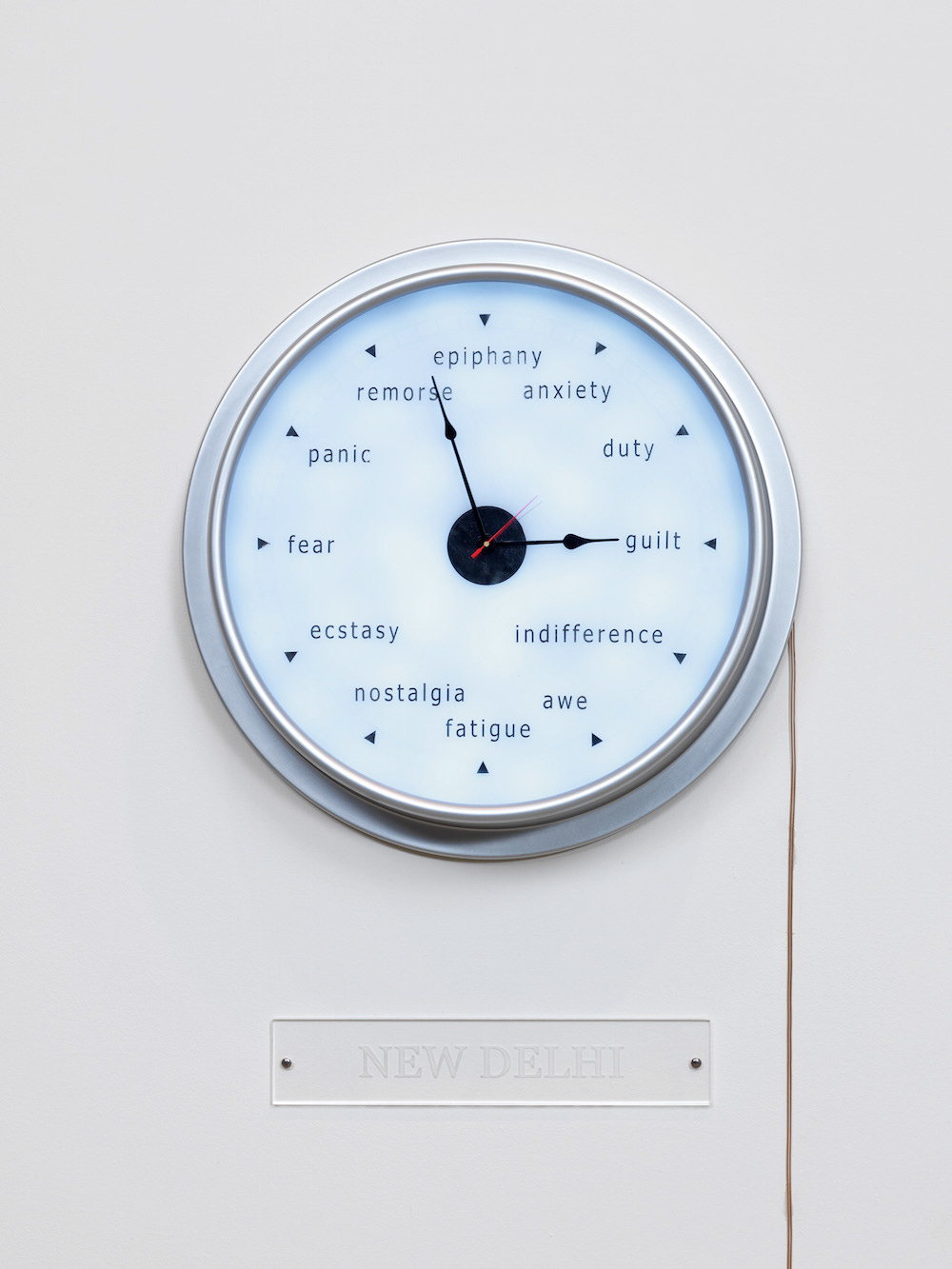Thoughts of the day
Lately I have been thinking about inaction for the sake of total readiness, whether it is our own internal readiness, or the right moment in the world, or the elusive illusion of perfection, when the work feels ready. When are you seeking too much knowledge at the expense of wisdom gained from experience? When are you overanalysing a situation instead of following what feels right?
In his note to Lucilius, Roman Stoic philosopher Seneca had written:
“What man can you show me who places any value on his time, who reckons the worth of each day, who understands that he is dying daily? For we are mistaken when we look forward to death; the major portion of death has already passed. Whatever years lie behind us are in death’s hands.”
In the same letter, Seneca wrote: “While we are postponing, life speeds by. Nothing, Lucilius, is ours, except time.”
The average human lifespan is, roughly, four thousand weeks. It is no wonder that time is ‘spent’ and can be ‘saved,’ like a currency. It is the most valuable asset we have. Choosing to spend time on the wrong things is as much of a disservice to ourselves as choosing to spend it on inaction, not for the sake of leisure, but for the sake of waiting for something that will never arrive, a perfect moment, an ideal state.
Carl Jung also touched upon this when he wrote, “This is precisely the risk modern man runs: he may wake up one day to find that he has missed half his life.”
Despite the bleakness of their sentiment, Seneca’s words, paired with Jung’s, can act as a wake-up call from the lethargy of being. Paradoxically, most advice related to time emphasises the power of saying no. But the power of saying yes — to the right things — can be just as life-changing.
Time and our perception of it is a recurring theme in art. Raqs Media Collective created an installation called Escapement, a collection of 27 clocks showing the passing of time across different time zones and geographies, a commentary on how rushed modern life tends to be, or as the artists described it, an ‘exploration of the fast and jet-lagged pace of global life,’ our tendency to literally go from one place to the next, without taking the time to consider what matters. Their clock for New Delhi, which might as well have been the clock for the human psyche, shows the range of emotions that might visit us throughout a day. No matter how we are feeling, time passes.
Thank you for reading today’s Brain Food. Brain Food is a short newsletter that aims to make you think without taking up too much of your time. If you know someone who would like this post, consider spreading the word and forwarding it to them. Brain Food wouldn’t exist without the support of its readers.
And if you have just come across Brain Food, you can subscribe to it below:
For longer thoughts and Brain Food highlights from the archives, visit Medium.



